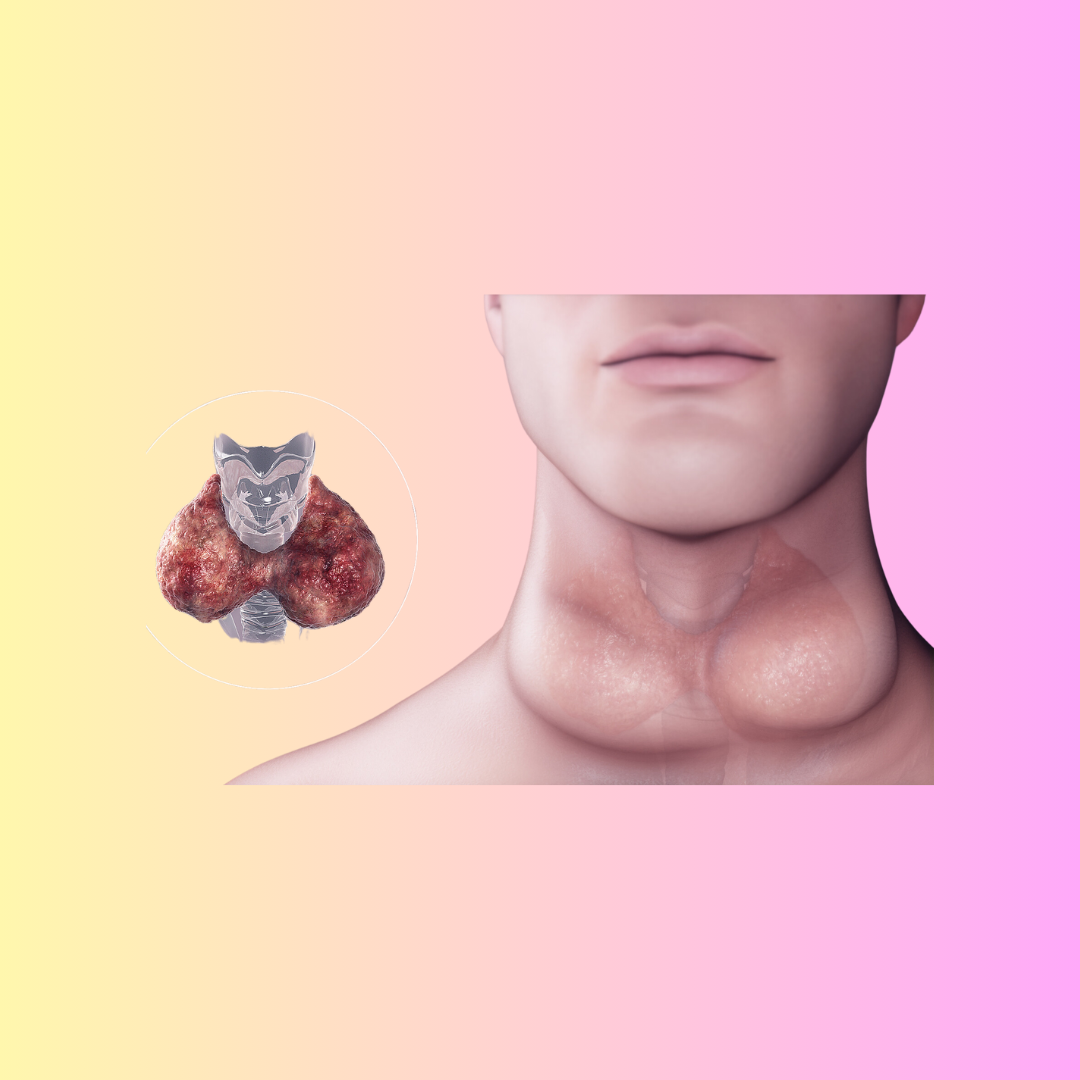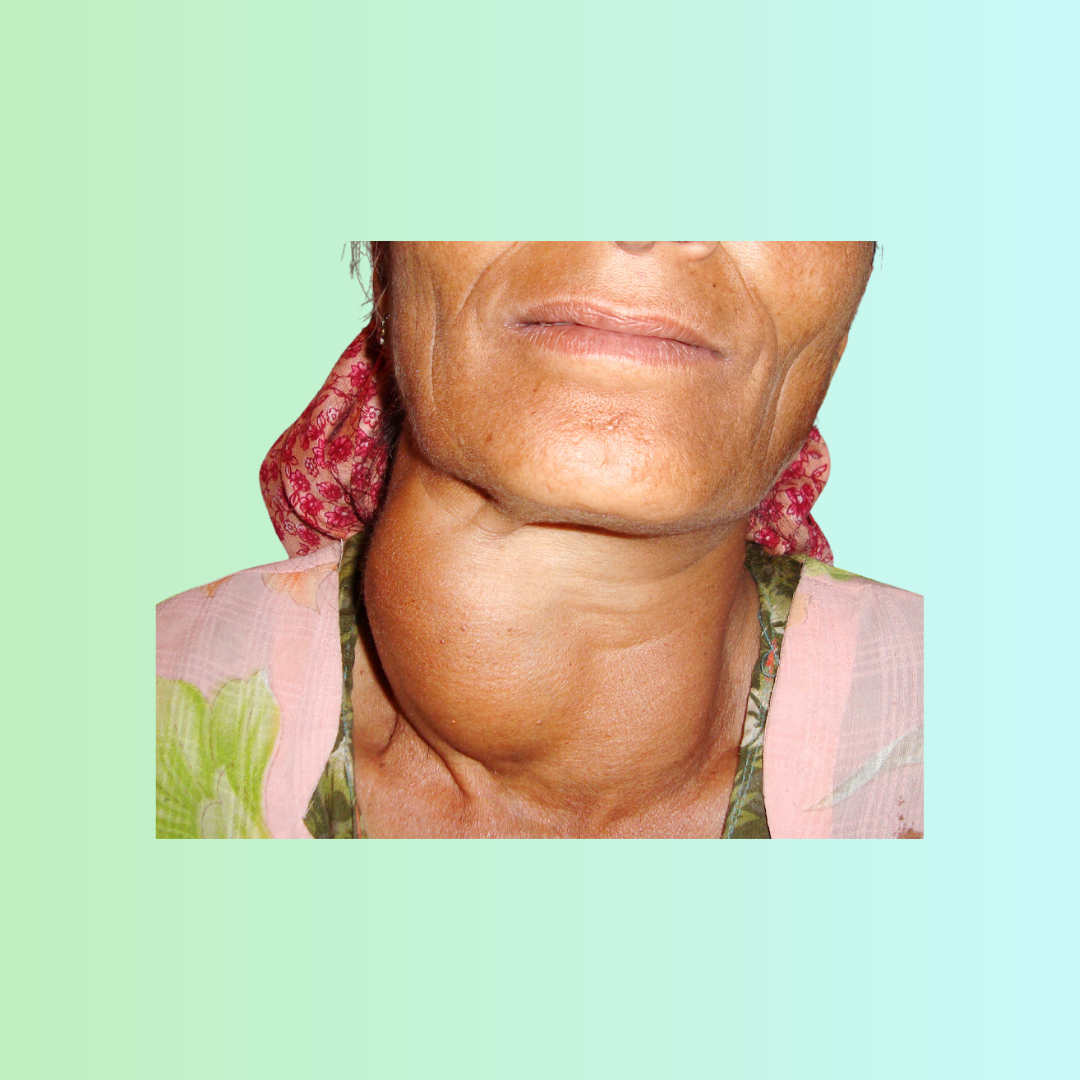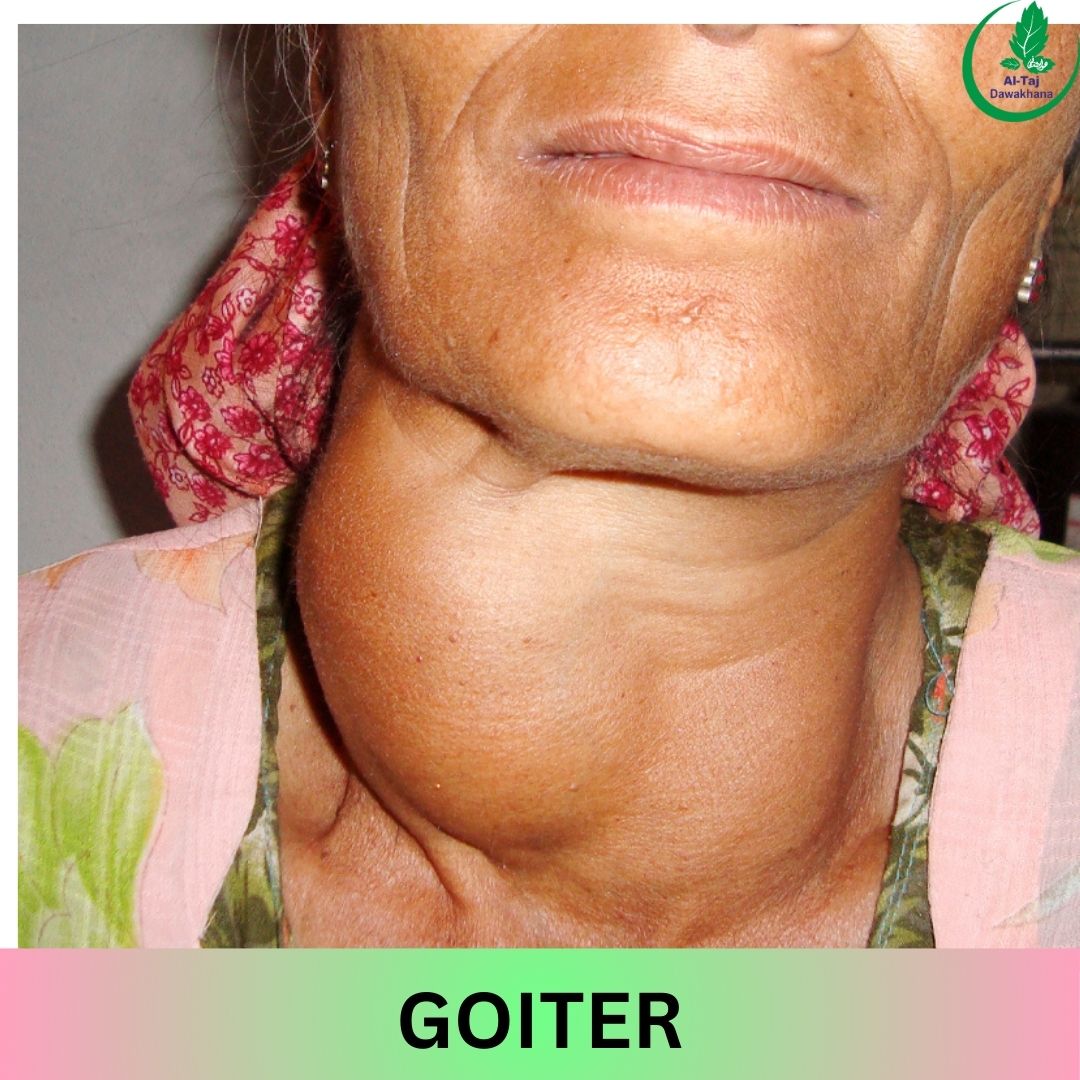

In Unani medicine, the thyroid is referred to as "Glandul-e-Hashim" or "Qand". These terms describe the thyroid gland, which plays a crucial role in the bodyâs metabolism, energy levels, and growth processes.In Unani thought, the thyroid is understood in the context of the balance between the four humorsâDam (blood), Balgham (phlegm), Sauda (black bile), and Safra (yellow bile)âwhich influence the body's health. When these humors are out of balance, it can lead to conditions affecting the thyroid, such as hypothyroidism or hyperthyroidism, often treated using herbal remedies and lifestyle changes tailored to restore this balance. Unani practitioners often use a holistic approach to treat thyroid issues, combining herbal medicines, diet, and other therapies to correct imbalances and improve the function of the thyroid gland.
Unani medicine operates on the principle that the human bodyâs health is regulated by the equilibrium of the four humors. The thyroid gland, known for its metabolic function, is considered crucial in managing the body's heat (related to Dam or blood) and moisture (related to Balgham or phlegm). Unani scholars view the thyroid as responsible for producing energy and heat within the body, which directly affects metabolism.
Dam (Blood): A balanced supply of blood is essential for the thyroid's proper functioning. If there is an excess of blood or blood that is too thick, it can impede thyroid function.
Balgham (Phlegm): A build-up of phlegm or excessive moisture in the body can lead to sluggish thyroid function, leading to symptoms like weight gain, fatigue, or cold intolerance.
Sauda (Black Bile) and Safra (Yellow Bile): An imbalance in these humors (particularly excess Safra, or yellow bile) can also affect thyroid function, leading to excessive heat or metabolic imbalance.




The Unani approach to thyroid health focuses on restoring balance to the bodyâs humors through various treatments:
Herbal Remedies: Unani uses herbs to regulate metabolism and restore harmony to the thyroid gland. Some commonly used herbs include:
Aloe Vera (Gul-e-Aloe Vera): Used to regulate body heat and improve metabolic function.
Fenugreek (Methi): Known for its ability to regulate metabolism and balance blood sugar, it can help in managing hypothyroidism.
Kalonji (Black Cumin): Often used to improve circulation and cleanse the body, it supports thyroid health.
Saffron (Zafran): Known for its cooling properties, which help with hyperthyroidism.
Dietary Adjustments: The Unani diet is based on one's temperament (Mizaj) and includes foods that balance the humors. People with thyroid disorders are encouraged to eat nutrient-rich foods, such as those high in iodine, which supports thyroid hormone production. Seaweed, fish, and other iodine-rich foods are often recommended.
Cupping Therapy (Hijama): Unani practitioners may recommend cupping therapy to improve circulation and reduce toxins in the body, which is thought to improve the function of the thyroid and overall health.
Massage (Dalk): Herbal oils and massages are often used to stimulate the thyroid area and improve blood circulation, supporting better thyroid function.

A goiter (swelling of the thyroid gland) in Unani medicine is typically seen as a result of an imbalance in Dam (blood) and Balgham (phlegm), causing the thyroid to enlarge due to fluid retention or sluggish circulation.

Hyperthyroidism is associated with an excess of Safra (yellow bile) or Sauda (black bile) in the body. When there is too much heat or bile, the thyroid becomes overactive, producing excessive hormones, which can lead to symptoms like rapid heart rate, weight loss, irritability, and sweating.

In Unani terms, hypothyroidism can be linked to an imbalance of Dam (blood) and Balgham (phlegm), resulting in a sluggish or cold system. In this state, the thyroid does not produce enough thyroid hormones, leading to reduced metabolic functions.